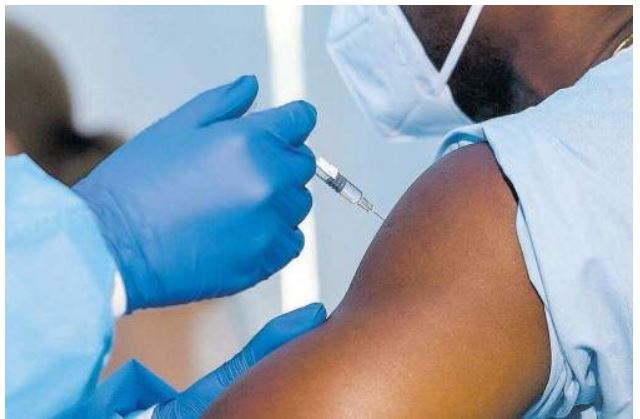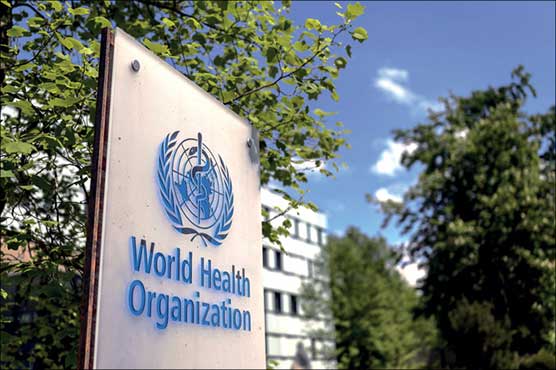The Cayman Islands Cancer Registry has identified stigma as a major obstacle of cancer surveillance in the Cayman Islands and a contributing factor to the lack of cancer data and registries in the Caribbean.
May is Cancer Research Month (CRM) and one of the goals of the global awareness campaign is to reduce the stigma surrounding cancer and thereby open up channels for public discussion and the sharing of information. “Stigma surrounding cancer, in my opinion, is one of the biggest barriers we face in cancer surveillance at the Cancer Registry,” noted the Cayman Islands Cancer Registrar Amanda Nicholson.
“I think sometimes people in the Cayman Islands choose not to join a registry because cancer is something very personal and they still don’t feel comfortable talking about it with others,” said Ms Nicholson. “Yet, stigma around this disease hinders the process of monitoring cancer trends, advancing cancer treatments, conducting research and improving cancer prevention and screening programmes. In order to combat the stigma surrounding cancer, we must first break the cycle of misinformation and fear. We must be able to have informed, intelligent conversations about how this disease impacts our population.”
Presently, little information exists regarding cancer trends in the Caribbean. A research study, Advancing Cancer Control Through Research and Cancer Registry Collaborations in the Caribbean, co-authored by the Health Services Authority Pathologist Dr. Shravana Jyoti states that, “Few national registries exist in the Caribbean, resulting in limited cancer statistics being available for the region. Therefore, estimates are frequently based on the extrapolation of mortality data submitted to the World Health Organization.” Results from the study showed that “twelve of 30 Caribbean nations have cancer registries. Four of these nations provide high-quality incidence data, thus covering 14.4 per cent of the population; therefore, regional estimates are challenging.”
Despite the challenges, local and regional efforts towards change are underway. In June of 2018, the Caribbean Public Health Agency (CARPHA), and the International Agency for Research on Cancer (IARC), officially launched the first IARC Caribbean Regional Hub for Cancer Registration. “Cancer registration is limited in the Caribbean and the Caribbean Cancer Registry Hub will seek to strengthen cancer surveillance by building capacity for cancer registration in the region. The availability of cancer surveillance data is critical to enable evidence-informed decision making in support of wider national and regional cancer control and prevention programmes,” stated Dr James Hospedales, executive director of CARPHA.
The efforts of the Caribbean Regional Hub can already be seen with the launch of Jamaica’s first population-based national cancer registry last December. The Jamaican registry will collect information on all new cancer cases and cover the entire population of the island.
The Cayman Islands continues to advance towards the development of a more comprehensive cancer registry. On review of data collected for the 2018 year, Ms Nicholson confirmed a 20 per cent increase in registration rates when compared with 2017. “For a number of reasons including greater media exposure and regular referrals from medical professionals and cancer organisations, more people are choosing to participate in the cancer registry. We now have 443 registrants,” she stated.
Nicholson further shared that the top five most commonly reported cancers to date are breast cancer (with infiltrating duct carcinoma being most prevalent), colon cancer, cancers of the blood, prostate cancer and ovarian cancer.
“Cancer survivors in the Cayman Islands have the unique opportunity to actively join the fight against cancer. Whenever someone joins the registry they are providing valuable information which can be used in cancer prevention,” she stated.




